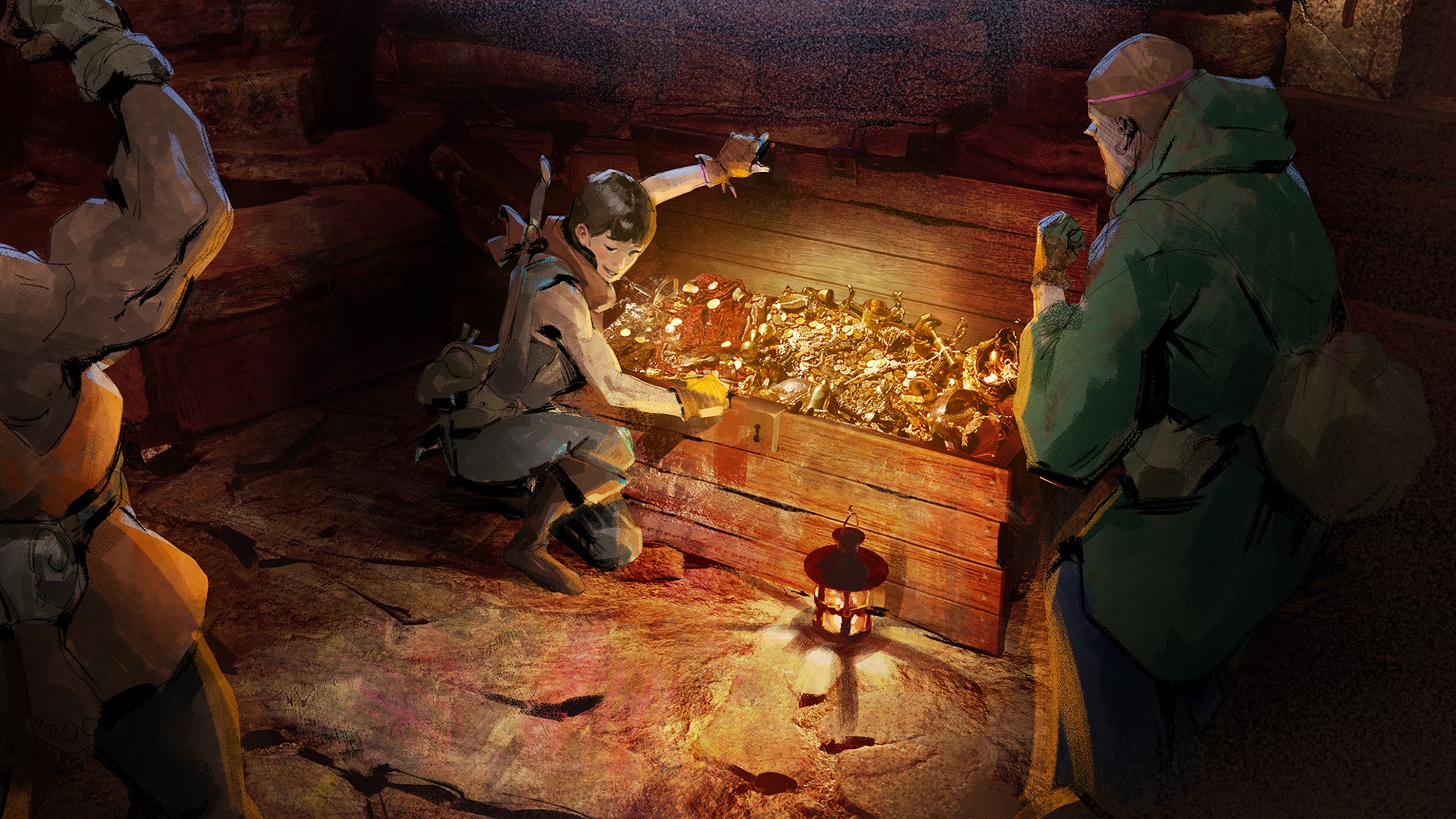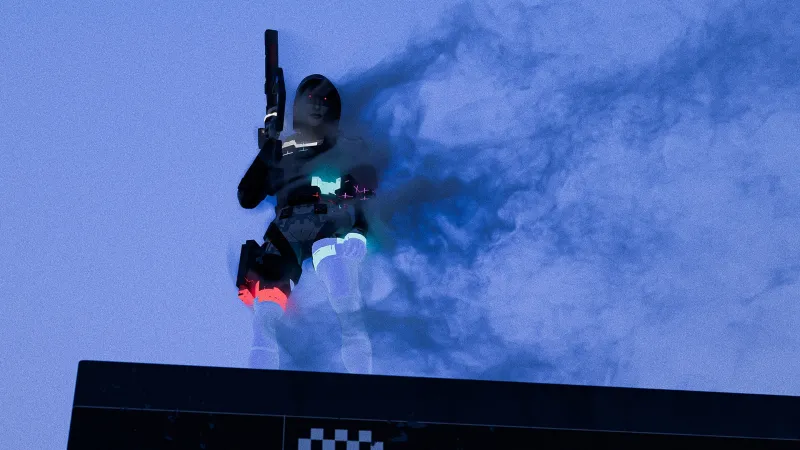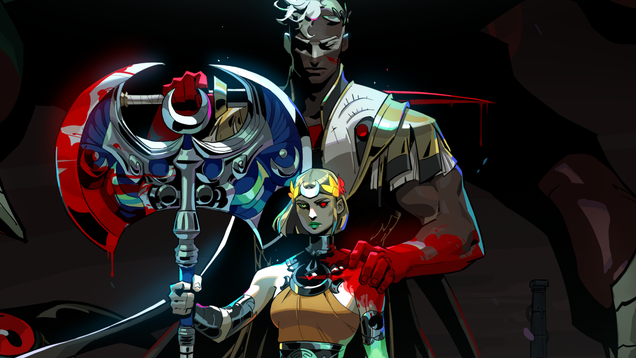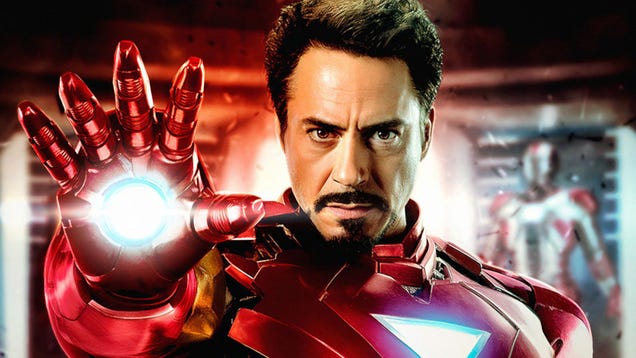
Elio Review

Early on in Elio, archival audio of the late astronomer Carl Sagan states that humanity’s interest in the cosmos takes root in finding out if we’re alone in the universe. It’s a question about whether or not there’s intelligent life on other planets, but the deeper concern, as it relates to the latest animated movie from Pixar, is our need to know if other people have ever felt the same way we do. And if they don’t, can they still love us for who we are and not who they wish we were? In Elio, this preoccupation takes the form of a wondrous sci-fi epic, in which the titular, stargazing orphan (Yonas Kibreab) gains a friend in an unexpected place and forges a stronger bond with the aunt who adopted him after his parents died.
Dazzling as its animation is, what’s most striking about Elio is how it depicts the slippery feeling of yearning for something we might not even know exists. Here, that desire for belonging means traveling across galaxies to find radiantly rendered, playfully envisioned worlds and extraterrestrial lifeforms. Elio’s curiosity about aliens is sparked when he learns about The Voyager Golden Records, the “message in a bottle” humanity sent into space in the 1970s. (Sagan’s involvement in that project in real life makes his inclusion in Elio particularly relevant). The opening scene showing this epiphany conveys a bittersweet sentiment somewhere between melancholy and hope, setting the tone for the entire movie.
As Elio grows up and becomes obsessed with UFOs and being abducted by one, his relationship with his Aunt Olga (Zoe Saldaña) – an Air Force major at a satellite terminal who once dreamed of becoming an astronaut – deteriorates. When he achieves his goal of communicating with outer space, he not only escapes the military camp Olga enrolls him out of desperation, but Earth altogether. After a voyage through a luminous portal, Elio arrives at the communiverse, a fanciful gathering place for dignitaries from countless planets. As far as they’re concerned, this new arrival is the leader of Earth.
There’s an intricate thought process behind every aspect of the production design in Elio – just get a look at the homemade cape the main character wears, festooned with plastic cutlery and soda-can tabs. The various sections of and advanced technology in the communiverse read as if they were imagined by a kid – and that’s absolutely a compliment, because every element feels fantastical, yet intuitive, like a hands-on exhibit at a children’s museum. In fact, there might be too much cool stuff onscreen. There simply isn’t enough time within this 93-minute feature to fully explore the number of intriguing ideas and fun-looking alien characters it introduces. Not that the movie is incapable of painting a whole picture from just a few glimpses: For example, Elio and Olga’s Latino identity comes across in small details like a Spanish-language song on the radio or a setup in their house that seems like a Day of the Dead altar.
Fortunately, there’s ample room in Elio for the other main pillar of Pixarian animated whimsy: an astute sense of humor pitched at older members of the audience, best exemplified by the communiverse’s sentient “user’s manual.” Appearing as a glowing, perpetually shuffling deck of translucent cards, it contains all the secrets of the universe, even the meaning of existence – big questions that, naturally and hilariously, don’t interest a kid like Elio. This echo of The Hitchhiker’s Guide to the Galaxy is but one example of how Elio toys with staples of the science-fiction and horror genres, the cleverest of which puts a goofy, goopy spin on cloning.
Conflict kicks into high gear when the fearsome Lord Grigon (Brad Garrett) is denied admission into the communiverse. To prove his usefulness to his newfound comrades, Elio volunteers to negotiate with the towering, four-eyed warlord, a doomed endeavor that leads him to meet Grigon’s son Glordon (Remy Edgerly). An adorably plump, miniature version of a Dune sandworm (complete with the rows and rows of sharp teeth), Glordon connects with his new pal over their inability to make their parental figures understand them. He doesn’t want to become a war machine like his father, which would involve putting on a rigid armor and giving up all manner of emotional softness. It’s a tad on the nose, but a poignant analogy nonetheless: Glordon’s people must step into a protective, mechanized shell to become adults, much like how most humans leave behind their capacity for wonder and build emotional barriers when they come of age.
Intrepid, intergalactic feats follow, leading to a moving resolution with Sagan’s voice reminding us that it’s only human to ponder what’s hiding in the mysterious darkness of space. The adventure helps Elio reexamine his beliefs about what home can be – a thoughtful conclusion to this delightful animated treasure. Life on Earth or any other planet is inherently imperfect, and it’s surprising (and rewarding) how deeply Elio engages with that notion.






